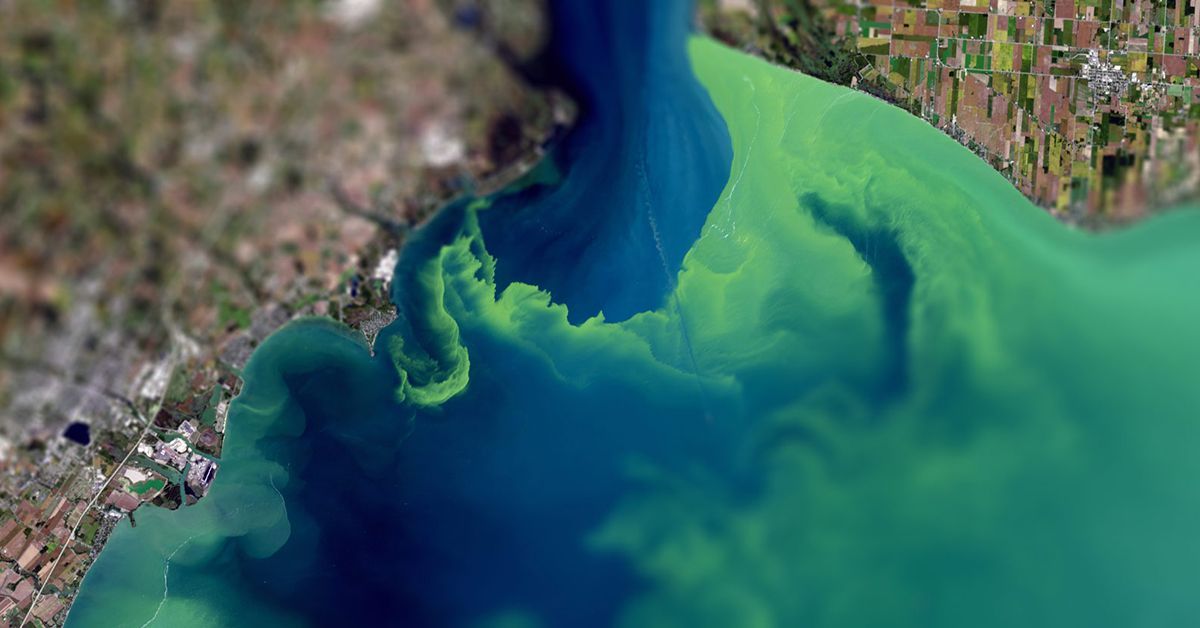New Insights on the Dynamics of Harmful Algal Blooms under Climate Warming
Story by:
Published Date
Article Content
When populations of tiny aquatic organisms called cyanobacteria (formerly known as blue-green algae) explode, their toxic overgrowth can threaten human drinking water and cause wildlife deaths in events known as harmful algal blooms (HABs). In freshwater environments such as lakes, ponds and streams, a cyanobacterium known as Microcystis aeruginosa is responsible for most toxic harmful algal bloom episodes. While most efforts on mitigating such events focus on reducing nutrients in the water, new research from University of California San Diego scientists reveals that there’s more to the story, especially when considering future climate warming scenarios that could amplify such events.
School of Biological Sciences graduate student Mirte Kuijpers, Assistant Professor Sara Jackrel and their colleagues investigated Microcystis and found that different types
The research paper, “Intraspecific divergence within Microcystis aeruginosa mediates the dynamics of freshwater harmful algal blooms under climate warming scenarios,” was published Feb. 5, 2025, in the journal Proceedings of the Royal Society B. The full authors list includes: Mirte Kuijpers, Catherine Quigley, Nicole Bray, Wenbo Ding, Jeffrey White and Sara Jackrel. Funding for the study was provided by the National Institutes of Health National Institute of General Medicine (R35GM142938) and a UC San Diego Undergraduate Research Scholarship Program Starbucks Sustainability Solutions Research Scholarship.
Learn more about research and education at UC San Diego in: Climate Change
Share This:
You May Also Like
Stay in the Know
Keep up with all the latest from UC San Diego. Subscribe to the newsletter today.




